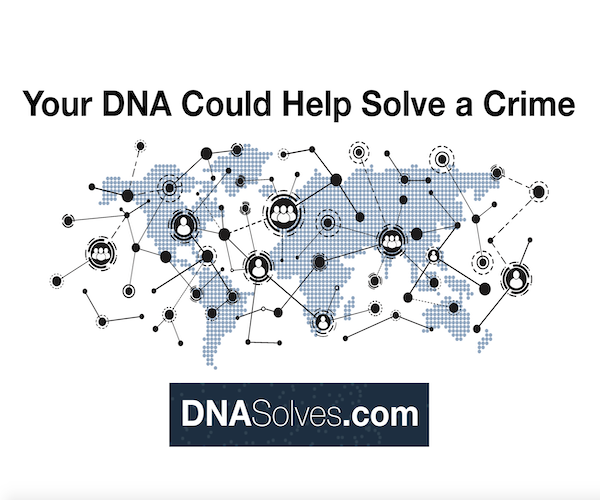FDA also clears the Helix® Genetic Health Risk App for Late-onset Alzheimer’s Disease for over-the-counter use, the first application powered by the Helix® Laboratory Platform.
SAN MATEO, Calif., January 11, 2021 — Helix, the leading population genomics company, today announced it has received De Novo authorization from the U.S. Food & Drug Administration (FDA) for the Helix® Laboratory Platform, a whole exome sequencing platform with coverage of approximately 20,000 genes. This marks the first time such a broad, sequencing-based device has been authorized by the FDA. Additionally, Helix also received 510(k) clearance for the Helix® Genetic Health Risk App for late-onset Alzheimer’s Disease for over-the-counter use on the Helix® Laboratory Platform.
Helix is excited to have collaborated with the FDA to pioneer a new regulatory pathway for a Whole Exome Sequencing Constituent Device (Regulation 21 CFR 866.6000) through the De Novo authorization of the Helix® Laboratory Platform. The analytical validation of the sequencing platform was conducted using a novel representative sampling based approach in conjunction with rigorous quality metrics to establish accuracy and reproducibility of the device. This landmark market authorization of both a platform and its first test creates a defined regulatory path forward for Helix’s Sequence Once, Query OftenTM model. This enables Helix and its partners to develop and obtain market authorization for future tests using subsets of sequencing data generated from the Helix® Laboratory Platform, including for cancer, cardiovascular disease, and carrier screening.
“Being the first company to receive market authorization for such a broad, sequencing-based platform is a major milestone for Helix and for the genomics industry,” said Dr. James Lu, M.D., Ph.D., co-founder and President of Helix. “Our research has shown that many people are at risk for highly actionable genetic conditions that could be prevented with better access to genetic screening. This first-of-its-kind market authorization will greatly accelerate adoption of genomic medicine that can personalize and improve the care that patients receive.”
“This is a very important milestone and highlights the growing role of genomics in clinical care,” said Francis deSouza, Illumina’s President and Chief Executive Officer. “We congratulate Helix on this authorization, which moves us another step closer to ensuring people have access to genomic insights that can transform their lives.”
“This tremendous collaboration with the FDA has allowed Helix to innovate a first-of-its-kind whole exome sequencing platform that will have a measurable impact on the ability to clear new genomic applications,” said Marc Stapley, Chief Executive Officer of Helix. “We are excited to have pioneered this new regulatory authorization pathway to help health systems, life sciences companies, and payers to accelerate the advancement of genomic discoveries from bench to bedside.”
Learn more at helix.com/FDA.
About the Helix® Laboratory Platform & the Helix® Genetic Health Risk App
The Helix® Laboratory Platform is a qualitative in vitro diagnostic device intended for exome sequencing and detection of single nucleotide variants (SNVs) and small insertions and deletions (indels) in human genomic DNA extracted from saliva samples collected with Oragene®•Dx OGD-610. The Helix® Laboratory Platform is only intended for use with other devices that are germline assays authorized by FDA for use with this device. The device is performed at the Helix laboratory in San Diego, CA.
The Helix® Genetic Health Risk App uses qualitative genotyping to detect clinically relevant variants in genomic DNA isolated from human saliva collected from individuals ≥18 years with Oragene®•Dx OGD-610 for the purpose of reporting and interpreting Genetic Health Risks (GHR): The Helix Genetic Health Risk App (HRA) for late-onset Alzheimer’s disease is indicated for reporting of the e2/e2, e2/e3, e3/e3, e2/e4, e3/e4 and e4/e4 genotypes in the APOE gene. The report describes if a person’s genetic result is associated with an increased or decreased risk of developing late-onset Alzheimer’s disease. The e2 and e4 variants included in this report are found and have been studied in many ethnicities. Detailed risk estimates have been studied the most in people of European descent. The Helix® Genetic Health Risk App (HRA) is to be used with the Helix® Laboratory Platform.
Author / source: Helix / https://www.helix.com/pages/helix-laboratory-platform-granted-fda-authorization









